‘My name is Gauhar Jaan!’ – the earliest recordings of Indian music are distinguished be this high-pitched and flirtatious announcement, made towards the end of the rendition. This declaration of the singer seemed to epitomize a milestone in the history of Indian classical music, one that would change forever its content, structure and style of presentation.
The music scene in India at the turn of the 20th century witnessed tumultuous changes. The traditional custodians of the art form, the devadasis in the South and the nautch girls and tawaifs in the North, who had nurtured the art for centuries, became victims of the morality laws of the British government and the prudery of an ‘enlightened’ and educated Indian elite. However, Gauhar Jaan (1873-1930), eminent Hindustani/North Indian classical vocalist, symbolizes the resurgent women musicians of the time.
Born as Eileen Angelina Yeoward, an American Christian who later converted to Islam, Gauhar Jaan was a naturally gifted musician with a wide repertoire. One of the earliest women artists who seized opportunity that came with the advent of recording technology, hers was the first Indian voice to be recorded in 1902. In her illustrious career she cut close to 600 records.
This book traces the story of her life with all its attendant myths, legends and folklore, some of which are recorded, some apocryphal; as well as the times during which she lived and made exquisite music. The socio-cultural context serves to put her contribution and the role of women like her to Hindustani music in perspective. Through her music, an attempt is made to analyze the different genres of Hindustani music that Gauhar and singers like her popularized, namely the Thumri, Dadra, and Ghazal. The book also describes briefly the evolution of the recording industry in India and its impact an Indian music, theatre and social life.

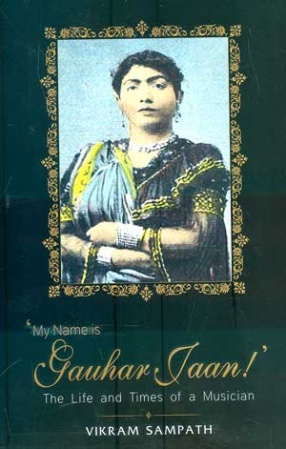
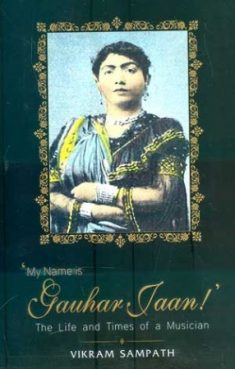
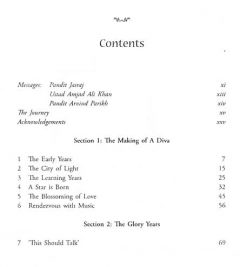
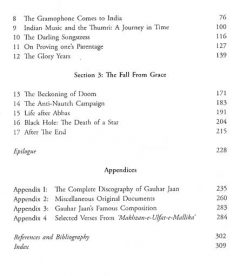
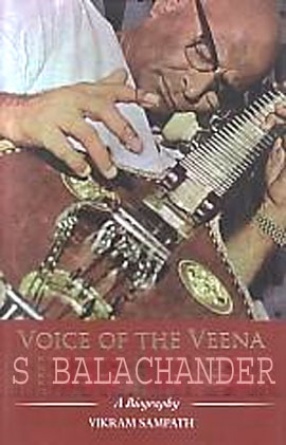
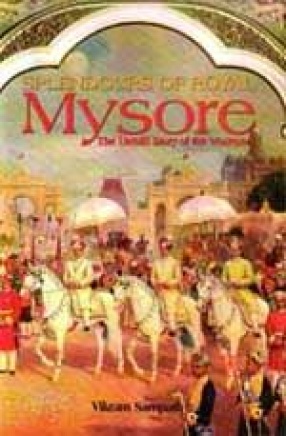
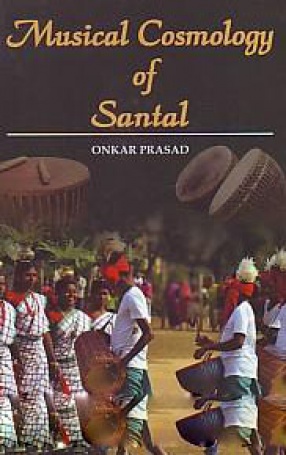
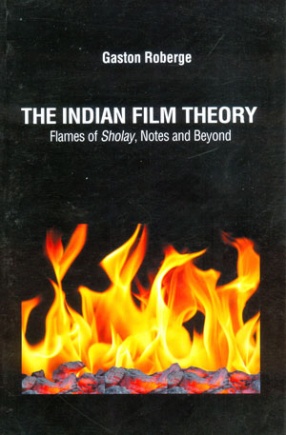
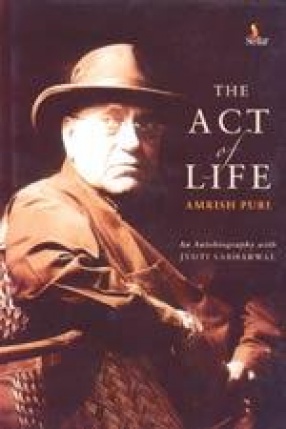
There are no reviews yet.